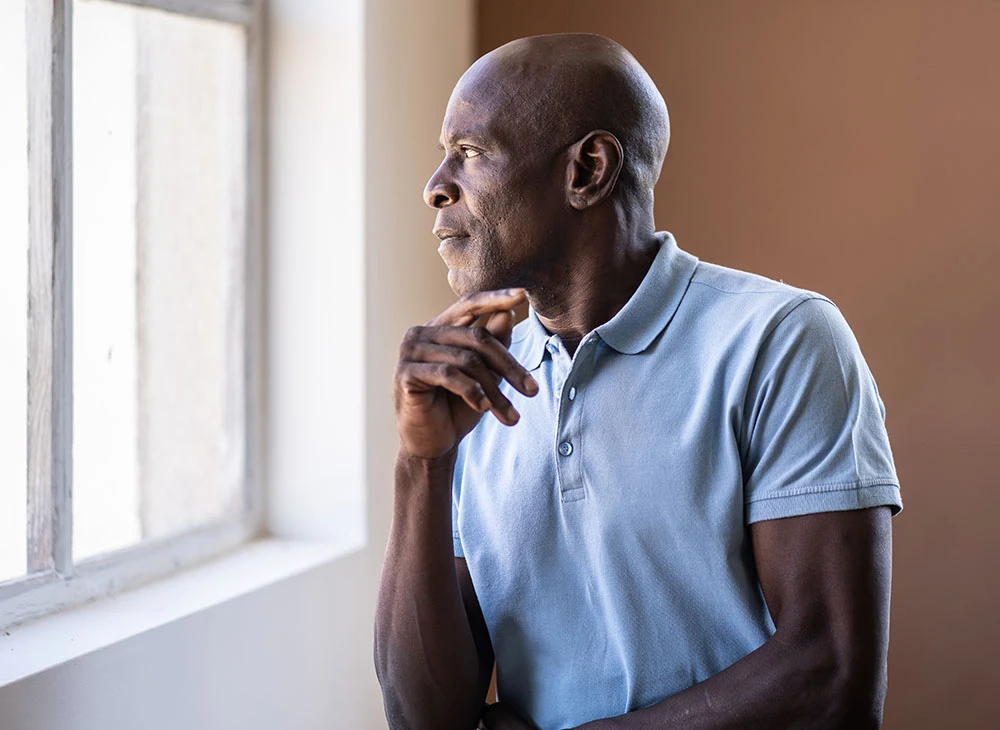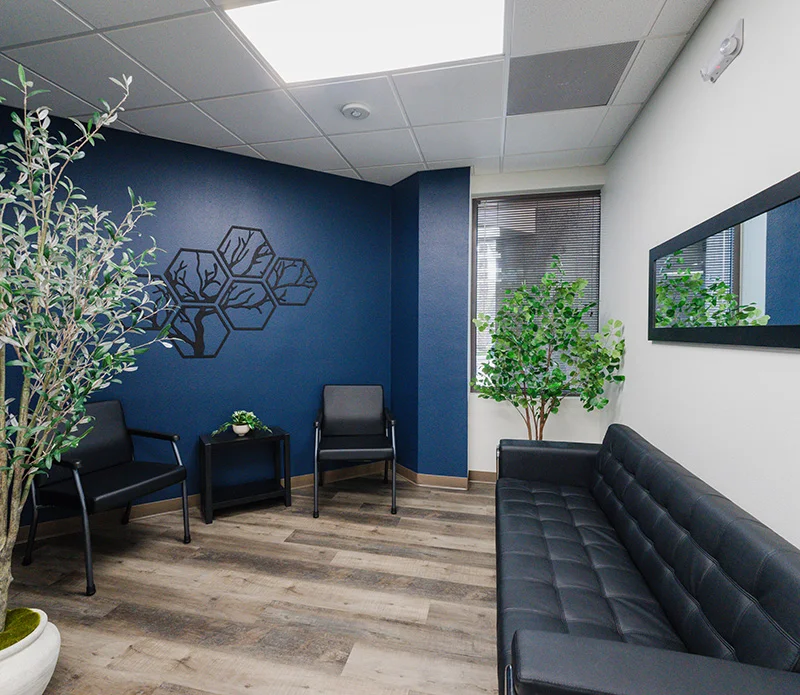- Home
- General Surgery
- Weight Loss
- Vascular & Vein
- About The Practice
- Our Doctors
- Peter A. Caravella, MD, FACS
- Damon T. Schroer, MD
- Jiashou Jimmy Xu, MD
- Arthur A. Fusco, MD, FACS
- Jordan T. Shively, DO
- Roy C. Gan, MD
- Colton Lee, MD
- Dustin L. Baldwin, MD
- Jun Xu, MD, FACS
- Hassan Hashmi, MD
- Melissa Miles, MD
- Dr. Angel J. Rivera Aponte, MD
- Jonathan R. Chino, MD
- Angeline Alag, PA-C
- Andrea Eghterafi PA-C, MPAS
- Locations
- Resources
- Contact
Introduction to Diverticular Disease
An upset stomach can ruin anyone’s day, but sometimes, that minor discomfort can lead to much bigger problems. Diverticulosis is an extremely common acquired disease among older Americans, with ⅓ of those over age 45 and ⅔ of those over age 85 thought to have diverticula in the colon wall, however, the actual prevalence is unclear because most diverticula are asymptomatic. At Las Vegas Surgical Associates in beautiful Las Vegas, NV, we have skilled and knowledgeable surgeons and specialists who can not only discover the root cause of your issues but also treat them with a variety of treatments. To learn more about this disease and how we can help you treat it, please keep reading below.

What is Diverticular Disease?
Diverticular disease consists of diverticulosis and diverticulitis. Diverticulosis is the formation of numerous tiny pockets, or diverticula, in the lining of the intestine. Diverticula, which can range from pea-size to much larger, are formed by increased pressure on weakened spots of the intestinal walls by gas, waste, or liquid.Risk factors believed to be involved in the development of diverticular disease include aging, excessive straining and constipation, and low fiber diet.
Diverticulosis is very common and occurs in 10 percent of people over age 40 and in 50 percent of people over age 60. The occurrence of diverticulosis increases with age and affects almost everyone over age 80.
Diverticula can form while straining during a bowel movement, such as with constipation. They are most common in the lower portion of the large intestine (called the sigmoid colon). The classic symptoms of diverticulosis include:
- Bleeding
- Abdominal cramping
Diverticulitis occurs when there is inflammation and infection in one or more diverticula. This usually happens when outpouchings become blocked with waste, allowing bacteria to build up, and causing infection. The most common symptoms of diverticulitis include:
- Abdominal pain (usually left sided)
- Fever
- Abdominal cramping

What’s The First Step?
Diverticular Disease Consultation
If your doctor suspects diverticulitis, then the best test to diagnose this is with a CT scan. You will probably also drink some oral contrast and receive some contrast via an IV prior to the CT scan.
After a first episode of diverticulitis, you will generally receive antibiotics (oral or IV) as well as bowel rest to allow the acute infection to subside. Depending on the severity of the infection, you may or may not be admitted to the hospital. Once your pain starts to subside, you will be placed on a low-residue diet.
After a one-time attack, patients do not generally need surgery unless they are below the age of 50. If you have recurrent attacks of diverticulitis, then a surgeon will recommend surgery to prevent further recurrences.
If you develop an abscess inside your abdomen from diverticulitis, you may need to have a radiologist drain the abscess with a needle.
What to Expect on the Day of Diverticular Disease Surgery
Surgery is indicated if you have repeated attacks of diverticulitis, if you have a partial or complete blockage in your intestines, if there is evidence of a bowel perforation causing a widespread infection in the abdomen, or if a communication (fistula) develops between the affected bowel and any surrounding structures such as bladder, uterus, or skin.
- In Emergent Situations, when there has been perforation in the intestine, two operations are usually involved.
The first operation involves removing the infected bowel. Due to local inflammation and infection, the bowel is usually not healthy enough to reattach and the patient is left with a colostomy. A colostomy is a temporary situation in which the colon is brought up to the skin. The stool will pass through the colon, through this stoma, and into an attached bag. The colostomy is typically left in place for three to six months to allow the infection and inflammation to heal inside.
The second part of the operation is when the colostomy is reversed and reconnected to the remaining colon so that you can resume going to the bathroom normally.
- In an Elective Situation, the segment of the chronically affected bowel will be surgically removed, with the two remaining ends reattached during the same operation.
Diverticular Disease Surgery Recovery
You will be admitted to the hospital for about two to four days but may require up to eight days, depending on how you are responding to the effects of surgery. During your stay, you’ll be monitored carefully to make sure you’re healing well and that your colon has started working again.
A nasogastric (NG) tube, which goes through your nose and into your stomach, may be used to keep your stomach empty for the first few days because the surgery can cause a postoperative ileus. This is a temporary paralysis of a portion of the intestines preventing food or drinks from moving forward, which is why it’s important to slowly begin your diet pre-surgery to help prevent complications. You’ll receive the fluids you need intravenously during that time.
When you start to pass gas, that is a sign that your colon is working again, and you will be placed on a liquid diet. If you don’t experience nausea or increased abdominal pain with your liquid diet after a day or so, you will then progress to a soft diet. You should continue the soft diet for two to eight weeks after surgery, depending on your healing and what your doctor instructs. We will provide a list of foods to help you choose a soft diet when you have returned home.
You should be up and walking within a day or two after surgery. This will encourage your circulation and bowel function to return to normal and may prevent complications.
Do your breathing exercises to make sure you are inflating your lungs completely. It may be painful for your abdomen at first but it is important to do these exercises to clear any fluid that may be in your lungs from surgery, and prevent pneumonia.
How Much Does It Cost?
Diverticular Disease Surgery Cost and Insurance Information
The cost of Diverticular Disease Surgery in Las Vegas is based on numerous factors, including the techniques used, the extent of your disease, the surgeon’s fees, anesthesia fees, and facility fees, among others. The best way to find out how much your treatment will cost is to come in for an initial consultation and have your surgical plan created. Once done, our Patient Coordinator will be able to provide you with a breakdown of the price.
Most medical insurance policies will cover surgery for diverticular disease, but we encourage you to check in with your insurer first. While you will have more information to provide your insurance company after your consultation, it’s always a good idea to come in with as much information as possible so that there are no surprises.

Why Choose Las Vegas Surgery Associates?
Las Vegas Surgical Associates is a multi-specialty surgical group that is unique to the Las Vegas area in that we offer services across a broad range of surgical specialties. As a group practice, we will always have a physician on call who can answer any questions and take care of acute surgical emergencies as they arise. Our team of doctors comes from medical backgrounds and collectively, have affiliations with the American Board of Surgery (ABS), the Society of American Gastrointestinal Endoscopic Surgeons (SAGES), the Society of Laparoscopic Surgery (SLS), and the Society for Surgery of Alimentary Tract (SSAT), the American Hernia Society (AHS), and Fellows of the American College of Surgeons (FACS) ASMBS (American Society of Metabolic and Bariatric Surgery ), ASCRS (America Society of Colon and Rectal Surgeons) – just to name a few. At LVSA, our team has your health and best interest in mind so that you can have peace of mind.
Diverticular Disease FAQ’S
Schedule a Consultation
If you are in the greater Las Vegas area and suffer from Diverticular Disease, surgery may be the best solution to getting your stomach settled. To meet with your personal surgeon, please contact Las Vegas Surgical Associates to schedule an appointment. You can request a consultation through our website or call us directly at (702) 258-7788, and a friendly member of our team will be in touch with you.